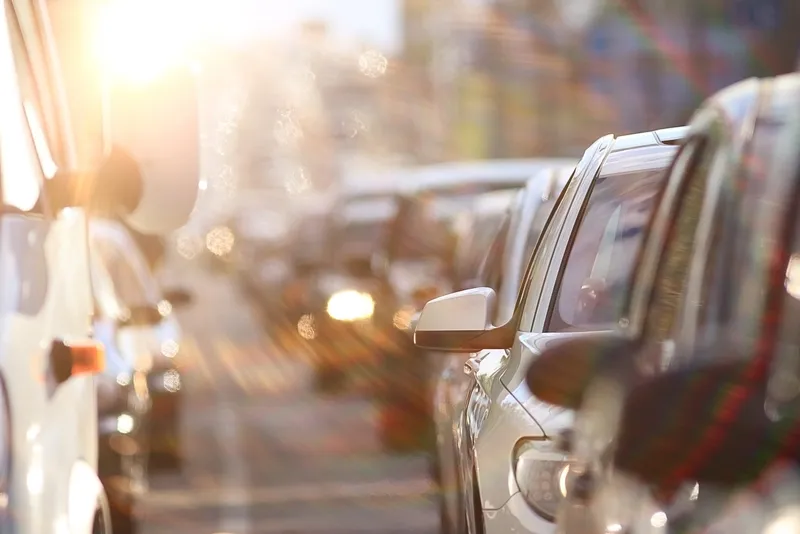
Inrix's 2020 Global Traffic Scorecard has confirmed Bucharest in Romania was the most congested city globally, with drivers losing 134 hours a year in traffic jams.
The scorecard identified and ranked congestion and mobility trends in more than 1,000 cities across 50 countries in a year which Inrix says brought unprecedented economic and social disruption due to the onset of Covid-19.
Drivers in Colombia's capital Bogota lost 133 hours, followed by New York (100 hours), Moscow (100 hours) and Philadelphia (94 hours).
Figures in the US show New York and Philadelphia are followed by Chicago (86 hours), Boston (48 hours) and Los Angeles (45 hours).
Inrix insists much of a region's traffic congestion centres around commutes to, from and within central business districts (CBD).
According to Inrix, the closure of offices, restaurants, entertainment and fitness centres, along with limits on gathers, had an outsized effect in the densest parts of each region.
Bob Pishue, transportation analyst at Inrix, says: “Covid-19 has completely transformed when, where and how people move. Government restrictions and the continued spread of the virus led to shifts in travel behaviour seemingly overnight."
"Morning commutes in cities across the world went without delay as people reduced auto and transit travel to offices, schools, shopping centres and other public spaces.”
Portland, Oregon saw the largest drop (-66%) in trips to downtown since the pandemic and related restrictions took hold, followed by San Francisco (-64%), Washington, DC (-60%), Detroit (-59%) and Boston (-56%).
Nationwide, the largest metros saw an average decline of 44% in city centre trips, resulting in an increase of downtown speeds by as much as 42%.
“Although travel to downtowns has been the most affected by the spread of the virus and subsequent government restrictions, the reduction in congestion has resulted in quicker commutes for essential workers, more reliable deliveries and streamlined freight movement, all of which are vital to the economy,” Pishue continues.
“We expect downtown trips will continue to lag suburban and rural travel through 2021.”
In Europe, Rome had the greatest reductions in delay, dropping 60%. It is followed by Brussels (-58%), Dublin (-57%), Athens (-54%) and London (-53%).









